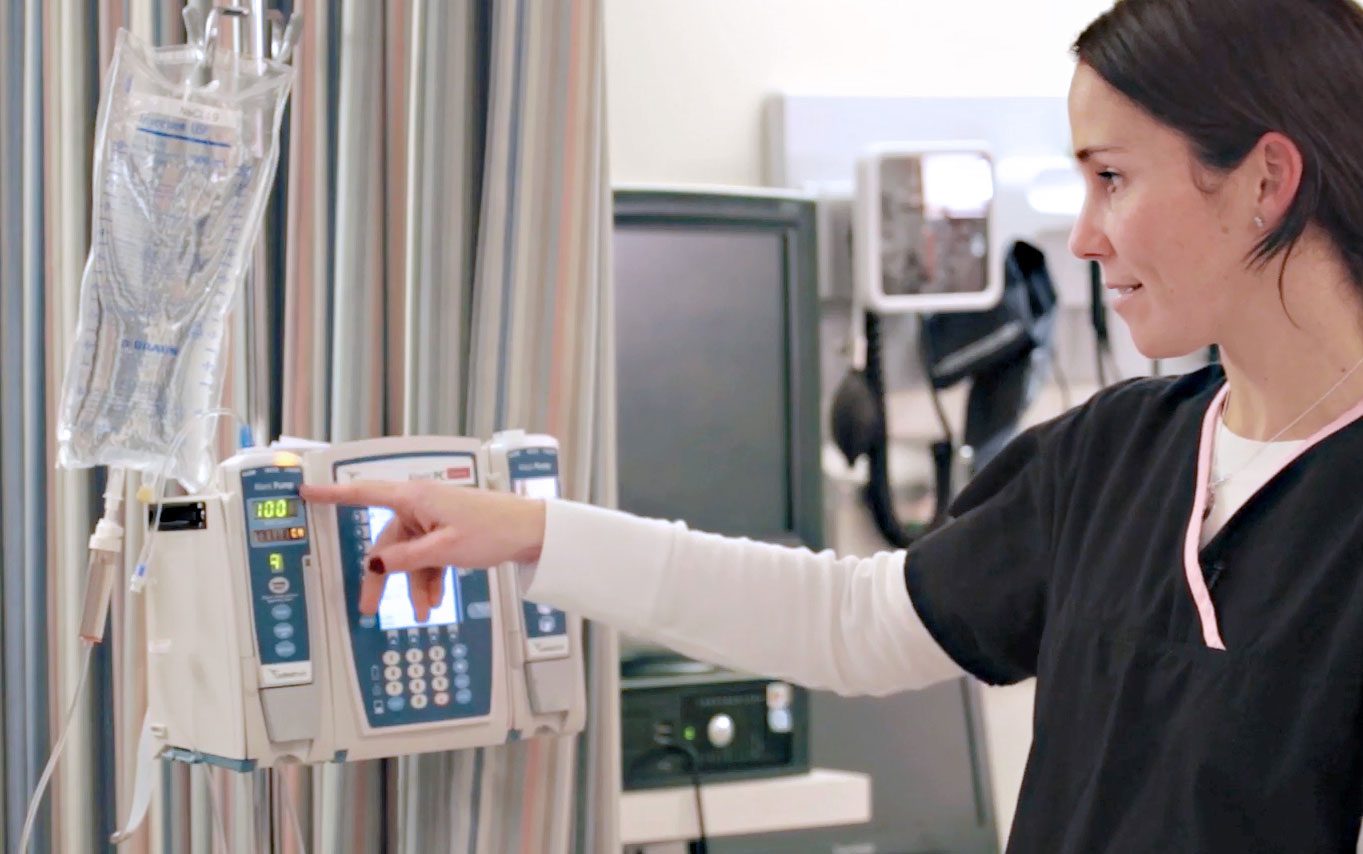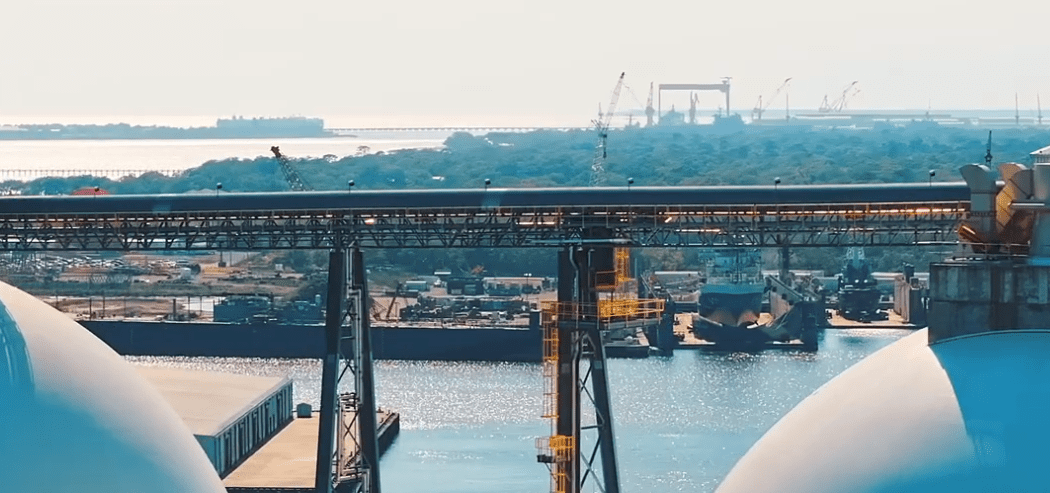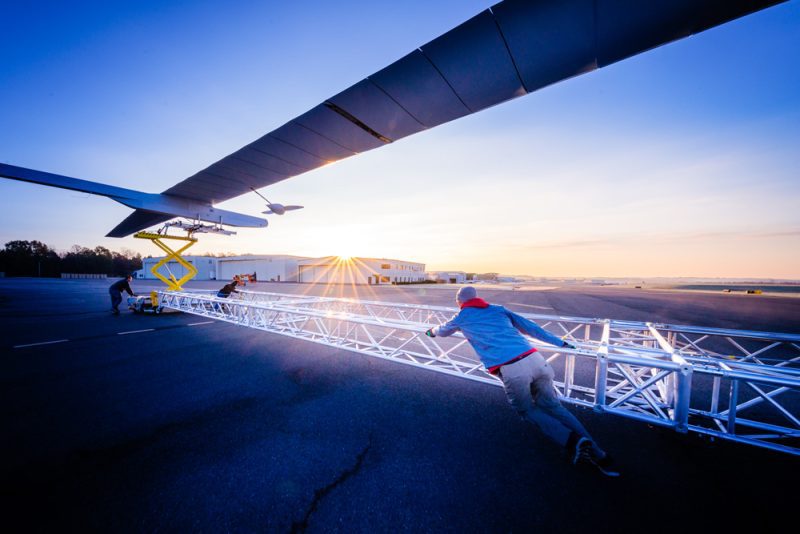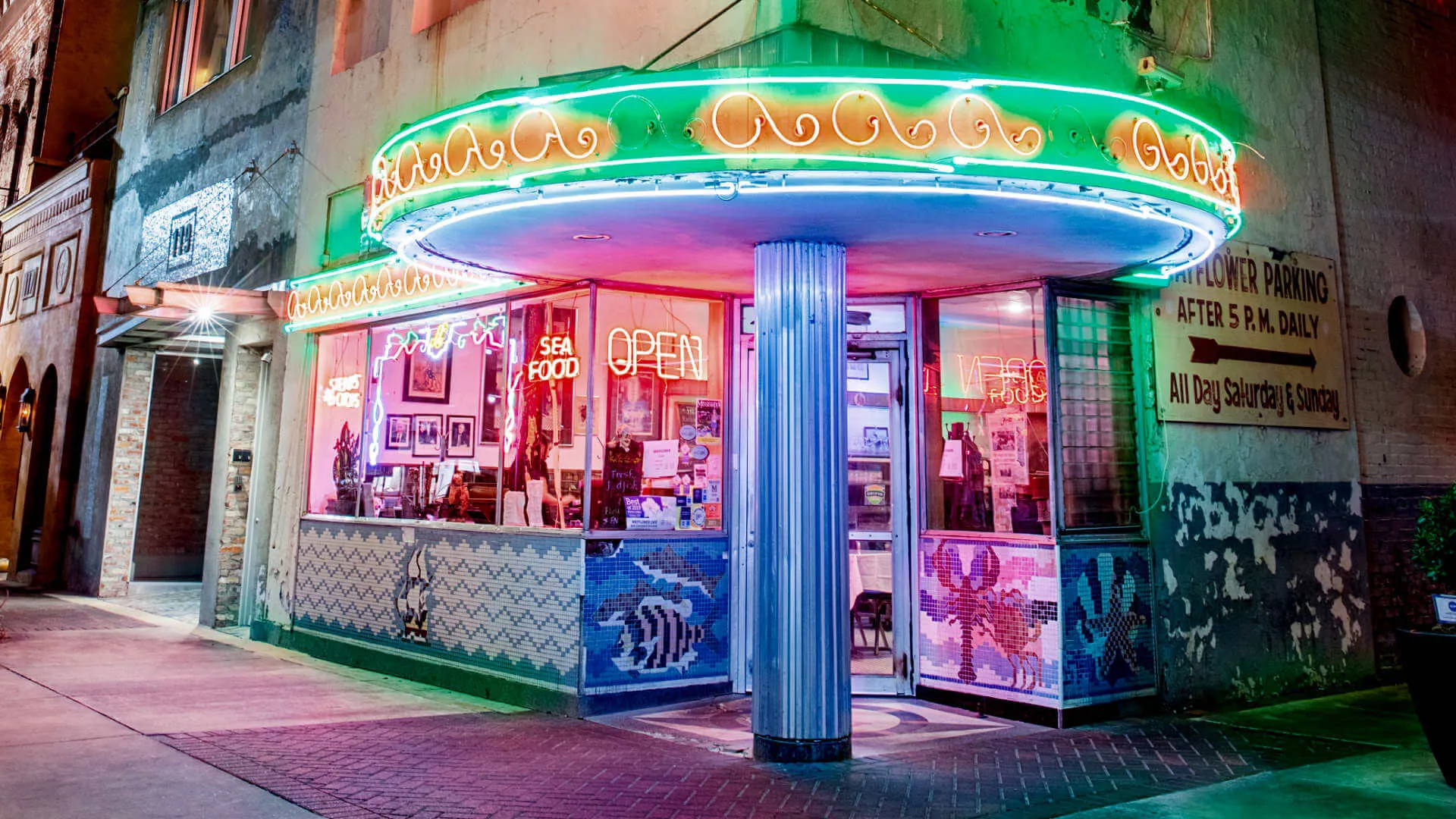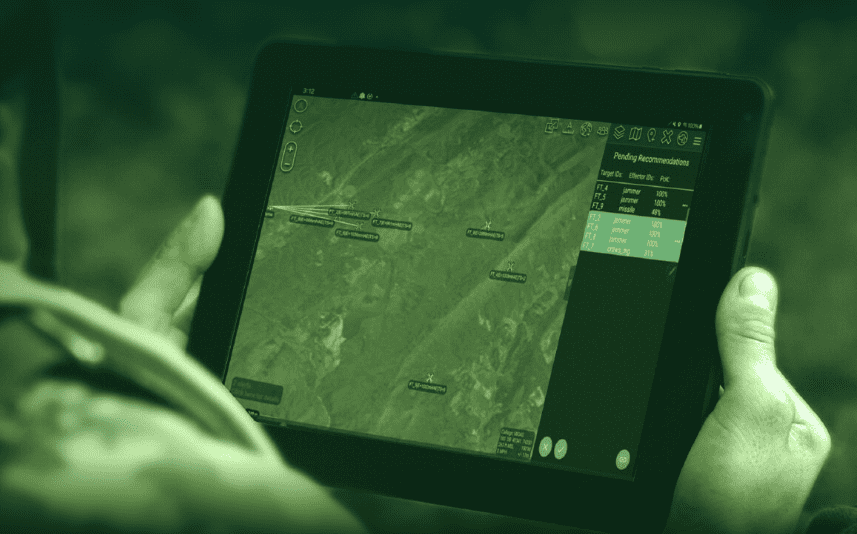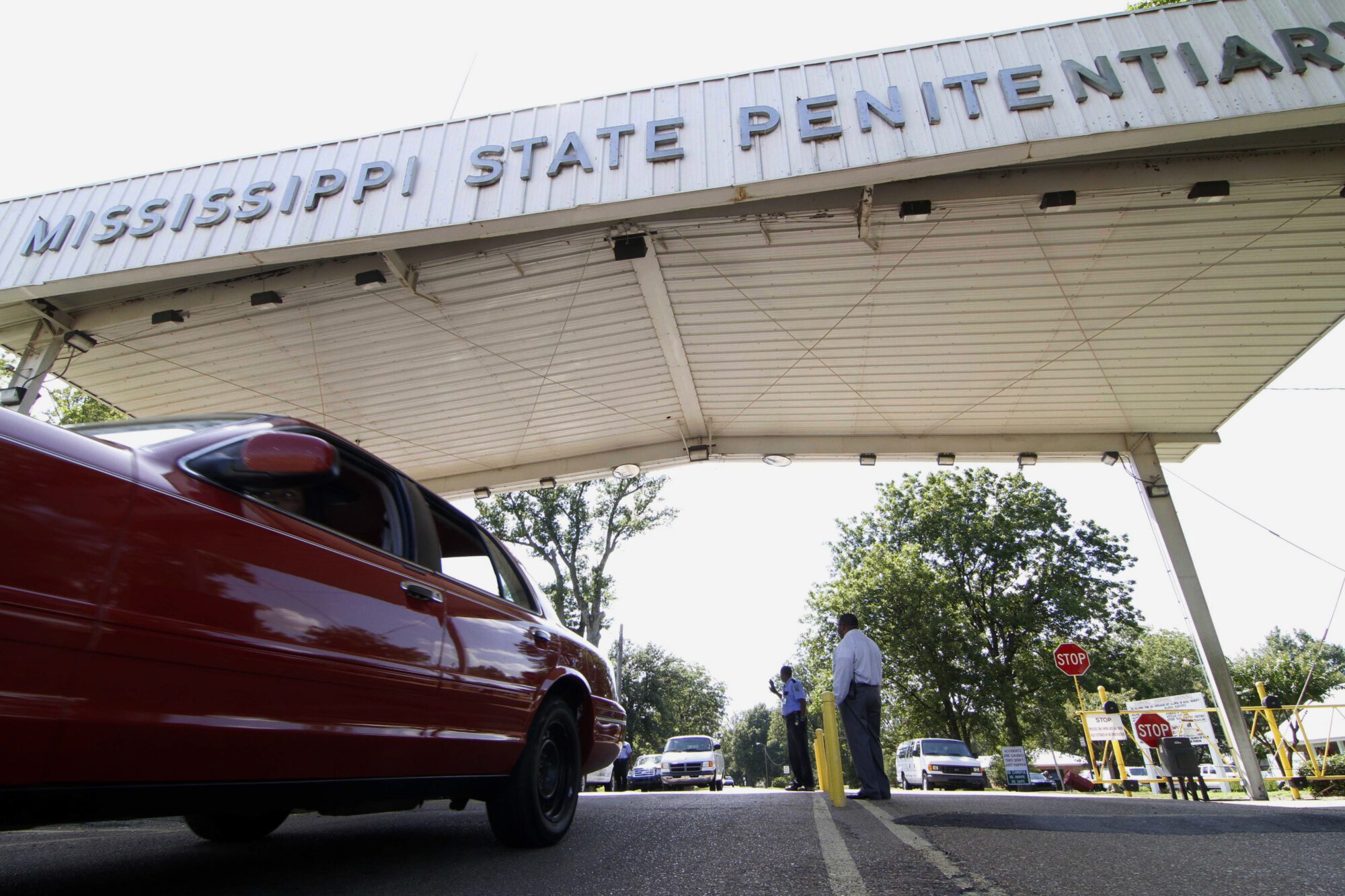
Ed Gardner (left) and Roger Wehner (right)
- AWS’s Roger Wehner and Entergy Mississippi’s Ed Gardner have collaborated on many projects.
When Roger Wehner, director of economic development for Amazon Web Services (AWS), was working on the $10 billion investment project in its embryonic phase, he reached out to a handful of economic developers, including past collaborator Ed Gardner.
Gardner, vice president of business and economic development for Entergy Mississippi, and Wehner had worked together on economic development projects in Alabama and Florida, going back 20 years.
“I’ve been fortunate to work with several talented economic development professionals throughout my career. Ed is one of them,” said Wehner. “Ed’s customer-focused and solution-driven mindset is invaluable when developing solutions for complex projects like ours.”
Gardner recalled: “Because Roger was based in Seattle, he wanted to show his team what southern economic development looked like, and how we’re really good at what we do. We’re very aggressive.”
At the time, AWS didn’t have any data center projects in the southeastern U.S.
“Roger really wanted AWS to consider putting something in the south because that’s where he knew there were strong opportunities,” said Gardner.
Wehner explained: “Our site selection process is primarily informed by the needs of our customers, while also valuing available power, a supportive and consistent business environment, and strong business partners. We believed we would find that in the southeast, and we found that in Mississippi, Madison County, the City of Ridgeland, and with Entergy Mississippi.”
Even with the connection, Gardner always knew landing the project was a long shot.
“It’s the largest tech company in the world!” he said. “Probably one of our advantages was that our team knew it was a long shot, too. We knew we had to outwork everybody else to have this opportunity.”
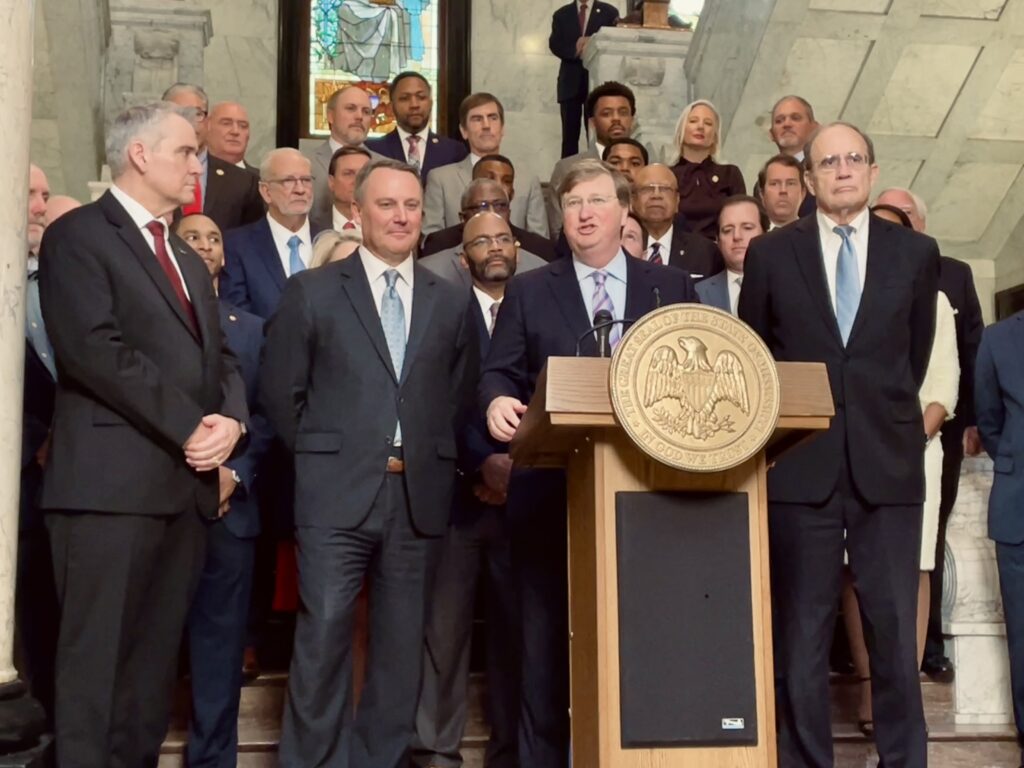
Doing Due Diligence
Gov. Tate Reeves knew about the proposed project when he was lieutenant governor. Entergy Mississippi CEO Haley Fisackerly was in the initial meeting five years before the project was officially announced.
“At Entergy, we started selecting sites based on AWS’s criteria, which needed to be under our major transmission lines,” said Gardner. “We made sure we had sites where all due diligence was completed. We started developing all kinds of mapping.”
Entergy Mississippi dove deep into the data center industry, and became a student of key project drivers, said Wehner.
“They invested in creating plans and solutions, particularly working lock step with the local economic development team to position their best data center site for success,” he said. “These actions and others enabled the joint Mississippi team to be ready, competitive, and compelling when it became time to discuss a partnership.”
Gardner recalled asking Wehner about the investment amount.
“When Roger started talking about the project, he said it might be a billion dollars,” said Gardner.
Oh, that’s good, thought Gardner.
“As the years went on, I was always trying to get updated information to accommodate capacity,” he said. “Capital investment was important, so we could help them determine their eligibility concerning infrastructure improvements and such.
“Then a few years ago, I asked him again. He said, ‘let’s put it this way. If we do something in Mississippi, it’ll be multiple billions of dollars.’ And I said, Ok, that’s good enough for me!”
Gaining an Edge
An important program might have tipped the scales in Mississippi’s favor. In 2021, Entergy Mississippi unveiled its Economic Development with Green Energy (EDGE) plan. The two-fold strategy: to give the state an edge in recruiting industry with a healthy dose of renewable energy. EDGE called for the utility provider to add 500 megawatts (MW) of renewable power to its portfolio by 2025 and another 500 MW by 2027.
“Companies and industries were requesting and requiring green energy when they locate in states,” said Gardner, who pitched EDGE to Amazon. “We wanted to make sure we were competitive and offering what these companies and high-tech companies needed.”
Wehner was pleased.
“We recently met our goal to match all of the electricity consumed across our operations with 100 percent renewable energy, seven years ahead of our original 2030 timeline,” he said. “Programs like EDGE align with our goal of investing in renewable energy projects where our operations are located.”
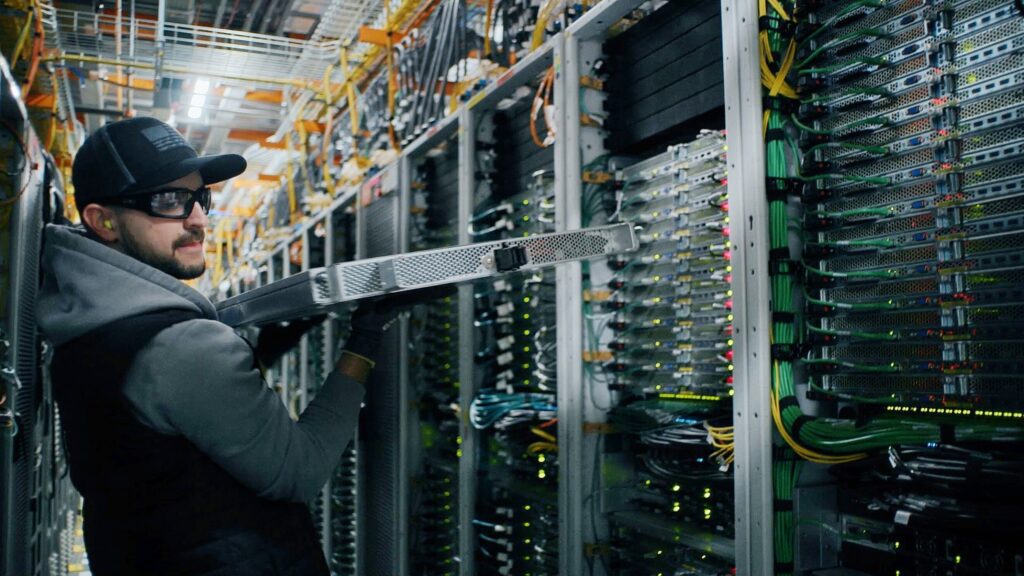
Overcoming Challenges
An obstacle occurred when Entergy Mississippi learned that enabling 650 MW of renewable energy within three years would be required. With the regulatory process, it would normally take five or six years.
“We found a way,” said Fisackerly, during a panel session in June at the AWS Summit in Washington, DC.
“That’s incredibly fast in our business,” added Gardner.
Another challenge: getting the necessary equipment, like transformers, requires a long lead time.
“We had to get really creative to figure out how to source some of this equipment outside our normal timelines,” said Gardner.
And yet another challenge: figuring out a resource plan to match the load.
“In general, utilities typically don’t move this quickly,” said Gardner. “But nobody said we can’t do that. Everybody rose to the challenge and figured out a way to make this work for AWS.”
Wehner took notice.
“Entergy Mississippi, under the leadership of Ed and Haley, aligned their internal teams to be customer-obsessed, marshaled resources to accelerate solution development, and by their own admission, broke traditional internal patterns and processes to devise creative solutions and accelerate schedules,” he said. “Over the course of our collaboration, they even began adopting several Amazonian concepts and communication mechanisms, which was appreciated and added to our partnership.”
Wehner talked about the high bar set for economic development strategy, site development, business friendliness, and creativity by the State of Mississippi, the local team at Madison County, the City of Ridgeland, and Entergy Mississippi.
“We couldn’t be happier with the warm hospitality we’ve received, and the partnership we’re developing,” he said.

